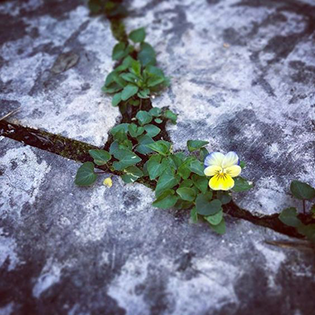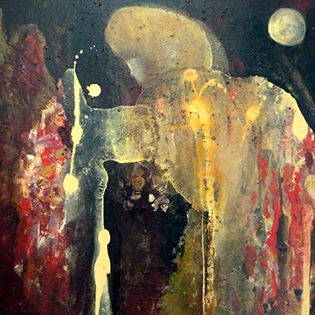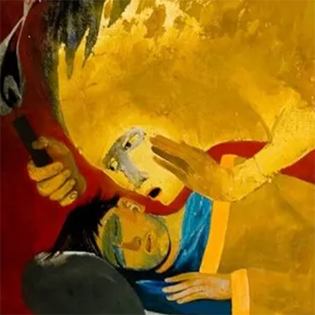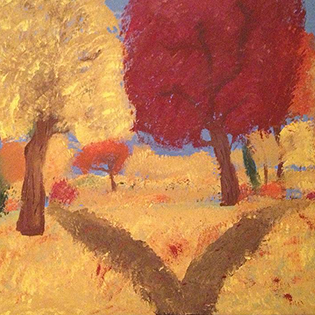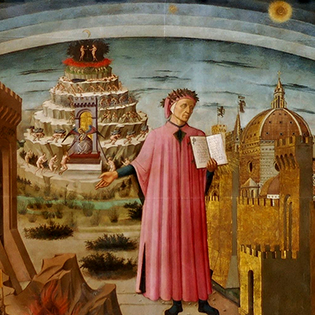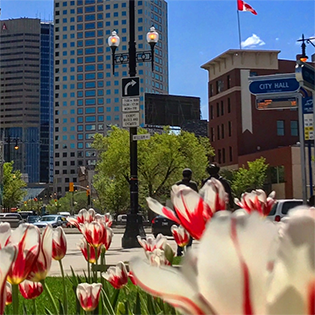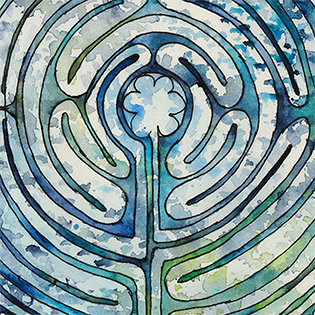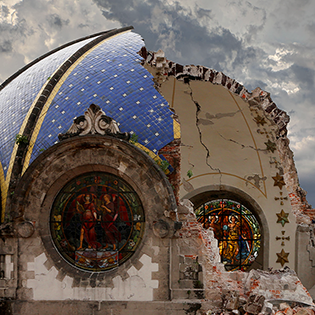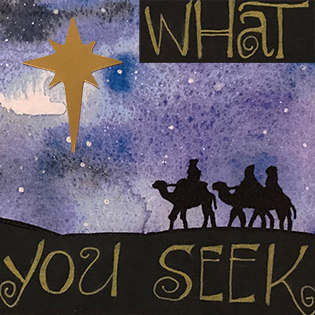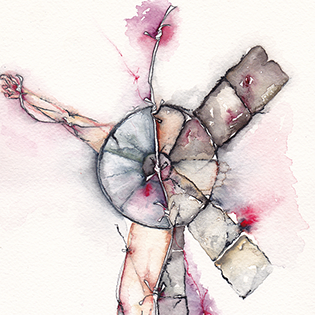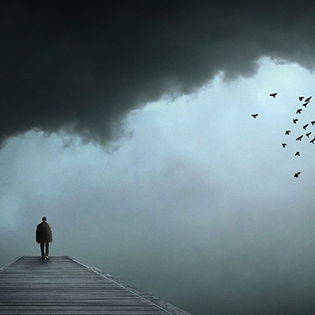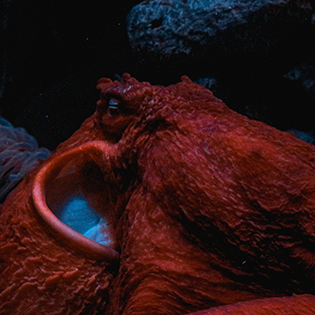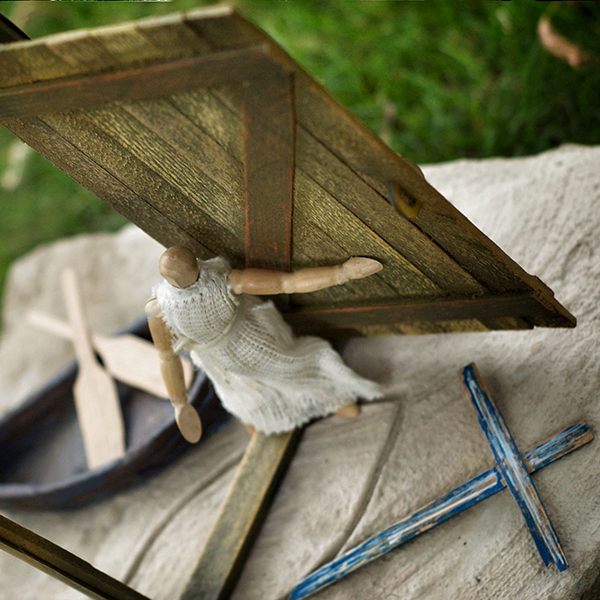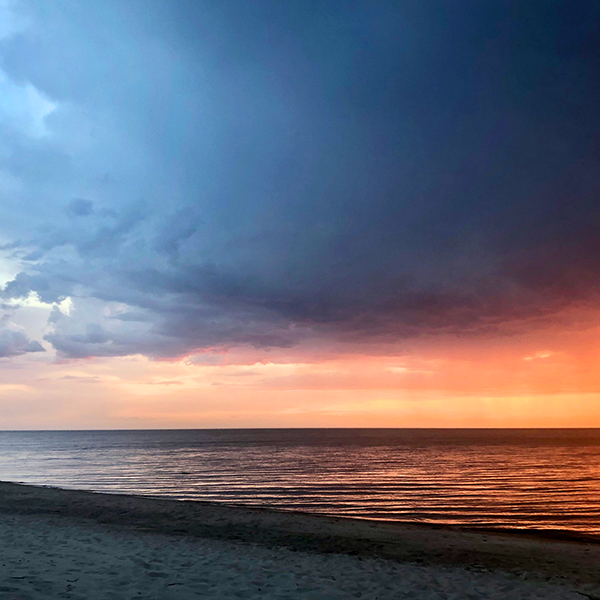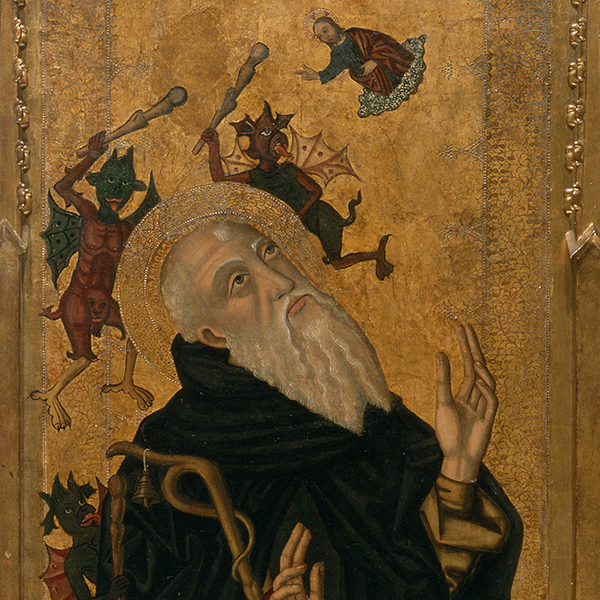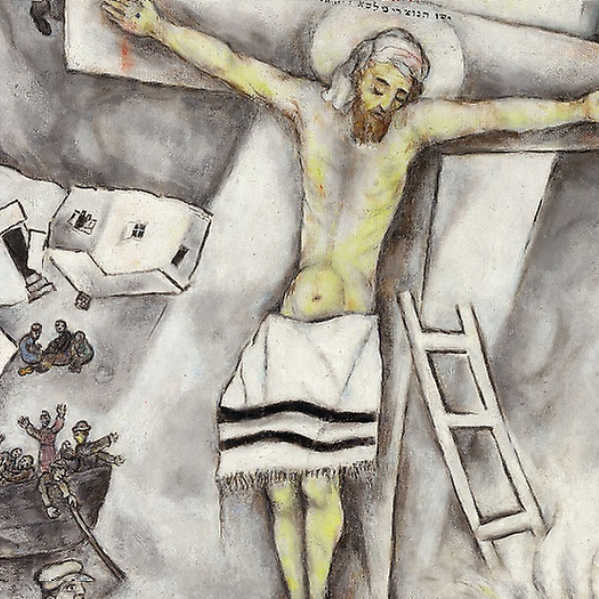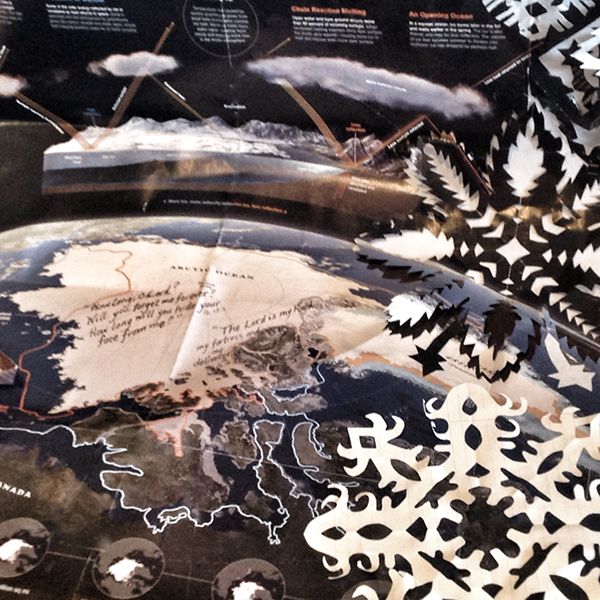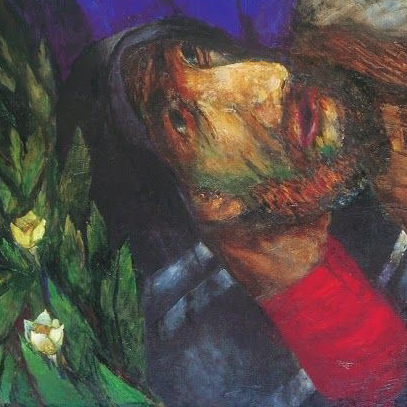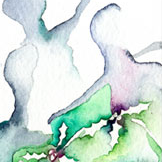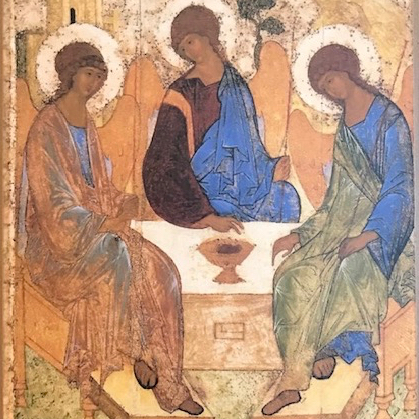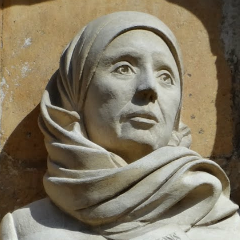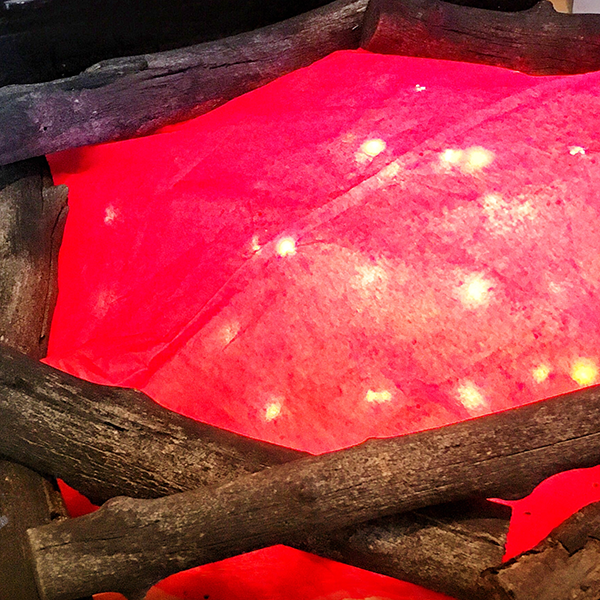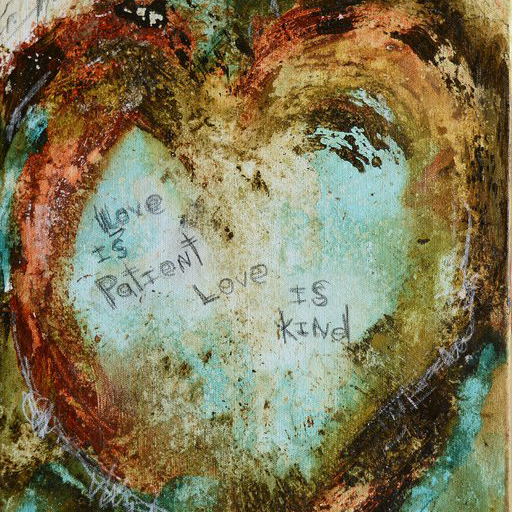Want to Dive Deeper?
Our website is teeming with resources gathered over the years. If you’d like to explore further exactly what our non-traditional faith community is all about, check out the links below. Happy wandering!
Previous Articles
New articles are being added regularly, but you’re invited to check out previous articles posted. In some way or other, each posting has been a source of hope and guidance in our community over the years. Whether it’s a homily, book response or article, maybe something will catch your eye.
Planting Seeds
Climate change is so big and all-encompassing it appears that our little small responses won’t make any difference. But what if we got in touch with what we love about the world around us? What if our imaginations became formed more deeply by the threads of love and creation care in scripture and in literature? We created this blog as a little alcove of those love letters. We are wanting to get in touch with our love of creation, and hope through that love the Spirit of God can change the world by changing us. (Read More)
Fear of the Lord
If perfect love casts out all fear, how can fear of the Lord be the beginning of knowledge, understanding and wisdom? Fear paralyzes where love liberates. But if we look more closely we see that rightly understood fear can have a wisdom to it. Ultimately the purpose of fear is to call us out of our self-centeredness and into the liberating love that no longer needs to fear. (Read More)
Dante's Recovery
Have you ever been so swallowed up in something unfair happening to you that you couldn’t find your way out of it? The Italian poet Dante Alighieri found himself the victim of vicious politics in 13th century Florence. Eventually he would write an epic poem about it. Paul Patterson imagines what might have been going through Dante’s mind before he wrote The Divine Comedy. (Read More)
When The Teacher Comes
Facing ourselves honestly is a bitter pill to swallow; we hope it is also good medicine. At the end of our rope, a guide or mentor can be just what is needed to move from self-pity to wholeness. If we can learn to trust. Dante fears that the bitter but gracious truths he had learned about himself will die with him, leaving no opportunity to be translated into life. He is ready for a teacher, but the Teacher has not come. Paul Patterson continues to channel Dante’s imagination through the next part of The Divine Comedy.(Read More)
Tools of Character
As difficult as it is to learn to trust a mentor, it is even more arduous to break down our self suspicion. Do we have what it takes to break free of the entanglements of the Dark Wood? As we stare down the antagonist within, Dante reminds us that love guides our recovery, turning us towards a deep hope. (Read More)
Anatomy of a Story
The Divine Comedy was written from 1308 to 1321 by the Italian poet Dante Alighieri. It is the seemingly simple story of a man who is miraculously enabled to undertake an ultra-mundane journey, which leads him to visit the souls in Hell, Purgatory and Paradise. Through these fictional encounters taking place from Good Friday evening in 1300 through Easter Sunday and slightly beyond, Dante comes to understand the meaning of his personal calamity of exile. "The way out is the way through." (Read More)
Bringing Yourself To Work
Work can be stressful and make unrealistic demands on us. We feel we need to leave our deepest self behind in order to “pay the bills”. Sometimes it is helpful to get vocational coaching to help break through this impasse and begin to see our jobs as vocation. Read about how Arthur Paul Patterson and Linda Tiessen-Wiebe describe a step-by-step process that developed as Linda sought to bring herself to work.
(Read More)
Life's Labyrinth
Joseph Campbell writes that traveling can be understood as taking a journey into the unknown, where you encounter people and places that evoke thoughts and images. We can travel as a tourist or a pilgrim. A tourist seeks to maximize their trip experiences; a pilgrim searches for something of value to bring home. Anyone’s who’s ever travelled might recognize themselves in both places. Continue reading to see how Linda Tiessen-Wiebe was changed by a trip to San Francisco.
(Read More)
Ripping The Roof Off
In recent years, “faith deconstruction” has been a popular term referring to the practice of re-examining long held beliefs. Anyone who has repaired an old building knows it’s necessary and worth the cost when the structure is worth saving. Read on to find what kept Paul hopeful and what the rewards were. (Read More)
Hidden in Plain Sight
We all need a North Star to guide us amid life’s pitfalls. Those in the 1st century were no different, and Paul the Apostle wrote to the young church in Colossians who felt under siege by many forces, both inner and outer. Bev reflects on just what it means to be “hidden with Christ” — our truth North. (Read More)
What You Seek is Seeking You
Epiphany is a journey into learning how to see. The Magi knew it, as did the Apostle Paul who had his own epiphany on the road to Damascus. We at Watershed have been studying the book of Colossians lately. In his homily for Epiphany Sunday, Eldon reflected on the meaning of this lesser known feast day, and how its themes manifest in Colossians. (Read More)
A Frankenstein Study
These articles explore the relevance and meaning of Mary Shelley's captivating horror classic. Frankenstein has more to do with everyday relationships than with the misuse of science or the enjoyment of a good gore fest. It is horror, but its ghoulishness involves the way we treat each other and how self-centered we can be when chasing our ambitions. (Read More)
Marriage and Mary Shelley
Long-term relationships such as marriage are meant to bring out the best in us, but so often they do the opposite. Mary Shelley would have understood. The story of her marriage to Percy is a remarkable backdrop to the novel she created. It is an even more incredible template through which to view our relationships and our projects. We invite you to ponder this multi-layered tapestry, and maybe even find hard-won hope for your own life. (Read More)
Brides of Frankenstein
Compared to the male characters, the women in Mary Shelley’s novel are angels full of kindness, compassion and moral guidance. Yet modern interpreters of Frankenstein are frustrated by these porcelain caricatures of womanhood. But if we take a closer look, we can see her genius. The relational holding patterns between men and women in her novel might speak to flaws that can distort relationships even today. (Read More)
Passions of Prometheus
In this next article we introduce you to Robert Walton. Most of us know Dr. Victor Frankenstein, creator of the infamous monster, but few may remember Robert Walton, the polar explorer who meets Victor in the Arctic. It is to Walton that Victor tells his tragic story, and their roles run parallel. They are both “Prometheans”; defiant of limits and ensnared by immortality projects. (Read More)
Monsters at the Margin
Despite its publication over 200 years ago, the manmade monster in the classic novel Frankenstein continues to stalk us in popular culture. It's an extraordinary, powerful and haunting saga. In our continuing series on Frankenstein, we invite you to take a deep dive and meet Mary Shelley’s monster - a cataclysmic horror tale of compulsion, murder and revenge. (Read More)
The Value of Fright
We love seeing ghosts and monsters this time of year, but beyond the cute factor, why would anyone watch or read horror? After terrifying us and quickening our heartbeat, doesn’t it just keep us up at night? What are the dark gifts it might bear? Mary Shelley’s classic novel Frankenstein helps us consider these questions. It takes courage to take another look to ask what it is we are really afraid of. (Read More)
The Beast of Seumus Farquarson: A Halloween Tale
Monsters seem “other”; not like us at all…or are they? What if they are a symbolic expression of a crisis we are going through? If we simply try to kill them off, we may miss the message they bear; maybe even pointing the way through the crisis. Monsters matter. What Seamus Farquarson found when he stared into the eyes that terrorized him may just help us as well. (Read More)
Catch Me If You Can
The imagination of a child far outweighs the logic of the adult in the formation of character. We deny the imagination by pushing our fears, anxieties and rage into the unconscious so that they leak out in destructive ways. By honoring our fears and allowing the imagination to speak to us, we can be transformed by the healing power deep within. (Read More)
What Will You Be Building?
In January 2020 our community began a study of Sermon on the Mount (Matthew 5-7). In March the world entered a global lockdown due to the COVID-19 pandemic. If Jesus’ words were an urgent call to his community then, they certainly took on an urgency to us as we navigated these three chapters in the coming months. (Read More)
Eyes Are the Lamp of the Body
How good is your spiritual eye? Can we always know if we are on or off the path of discipleship? In a famous prayer, Trappist monk and writer Thomas Merton once confessed, “The fact that I think I am following Your will does not mean that I am actually doing so.” Merton knew that even the most well-meaning among us can have skewed perceptions. Join Paul Patterson as he views our lives through the sound eye of God’s revelation. (Read More)
Joyful Happiness: A Spiritual Memoir
Happiness is something we all desire, yet it’s not always easy to define. Is it possible to be happy while going through mundane or even tough times? Paul Patterson has written a spiritual memoir reflecting on the question, “When was I truly happy?” Read to discover his hard-won observations, using the insights of scripture as his guide. (Read More)
Living Through The Earthquake
When Lent began in late February 2020, we had no idea what we’d end up having to give up in a few weeks. During a global pandemic, how is it even possible to speak about Easter resurrection? But as we considered the violent earthquake the disciples experienced on that first Easter morning, we realized maybe we have more in common with them than we knew. Maybe resurrection can happen even when the world turns upside-down; even when we’re cowering in fear and isolation.. (Read More)
Desert Words to Live By
Henri Nouwen once wrote that to live a spiritual life, we must first find the courage to enter into the desert of loneliness. It can burn away all that is false within. The fourth century desert mothers and fathers knew it well. Fleeing the popular but watered-down Christianity of the third century, they sought an alternate way in solitude. Centuries later, especially during COVID-19 isolation, their invitation still rings true. (Read More)
Resurrection: Beyond Ghosts and Ghouls
If the idea of Jesus’ resurrection seems utterly implausible to the modern mind, you are not alone. Even first century disciples were dumbfounded (and terrified) to see the empty tomb. Yet, despite the incredulous possibility, the reality of the resurrection has stuck. Is there any way to make sense of Jesus’s rising from the dead for present day hearts and minds? Join in this deep dive as we explore these questions. (Read More)
Only You Know
Along with the rest of the world, Watershed experienced a radical sense of dislocation in March, 2020 as the pandemic hit. Lent began to take on a meaning we couldn’t have predicted, and we began to work out how to stay spiritually connected and awake during this time. Like many faith communities, we are now meeting on Zoom, and on our first Sunday together in this new reality, Bev shared a homily on the vision of dry bones from Ezekiel. Join us in our Lenten reflections. (Read More)
Rock, Paper, Scissors
This is not your ordinary Advent homily. The weeks leading to Christmas usually bring to mind glowing candles and festive garlands, but the words of Matthew 24 hit us like a rock. In a year that saw climate change dominate the headlines, the first century warnings grab our attention and seem ominously timely for us in 2019. Can God be with us when all hope seems to be lost? You're invited to read this seasonable homily to help you imagine an end to the darkness that too often dominates our world. (Read More)
Sponging The Stone
A Christmas Carol, perhaps Charles Dickens’ most famous novel, was first published over 175 years ago. By now it is so familiar that we sometimes tune out its deeper lessons. But as Paul Patterson reminds us in this article, this story yearns to become our story. Can the healing of Scrooge’s memory, vocation and deepest values be recreated in our own lives? If we take a deeper look, perhaps we can be reborn along with Scrooge. (Read More)
Keep My Memory Green
Not even the happiest childhood is unmarked by some kind of trauma. We are all in need of healing. But what happens when all we want to do is numb ourselves and forget the pain? Read what can happen when we bravely choose to remember and open ourselves to another way. (Read More)
The Popcorn Man
As a child, most of us were probably asked what we wanted to be when we grew up. It's not surprising that as adults our self-worth is often caught up in “what we do”. Work as an answer for human indignity seems praiseworthy, but its shadow side leads to dead ends as we use it to search for approval. We invite you to consider what the popcorn man has to say about our identities and being at peace in our world. (Read More)
Will All Be Well?
Over 600 years ago, Julian of Norwich penned the famous words, “All will be well.” Burdened by a complex and broken world, our 21st century minds and hearts may cynically ask, “Really Julian?” Can her vision be anything deeper than a simplistic slogan? Will all truly be well? (Read More)
Land of the Living
In a well-known scripture, the Apostle Paul invites Timothy to “join with him in the suffering of the Gospel”. What exactly does this mean for 21st century followers of Jesus? Is there anything good that can come from suffering? Read as Eldon Heinrichs shares a story and reflects on today’s passage, in this homily called “Land of the Living”. (Read More)
Memento Mori
“Momento Mori” is a Latin phrase which means “Remember your death.” It’s an apt phrase during Lent, when Jesus “set his face to Jerusalem”, the place of his death. The point of this reminder isn’t to be morbid or promote fear, but to inspire, motivate and clarify. The more we remember that we are mortal, the more we become aware of the need to live our lives well, for life is precious. Read this Lenten homily to remember not just your death, but how in God’s new creation, death is never the end. (Read More)
